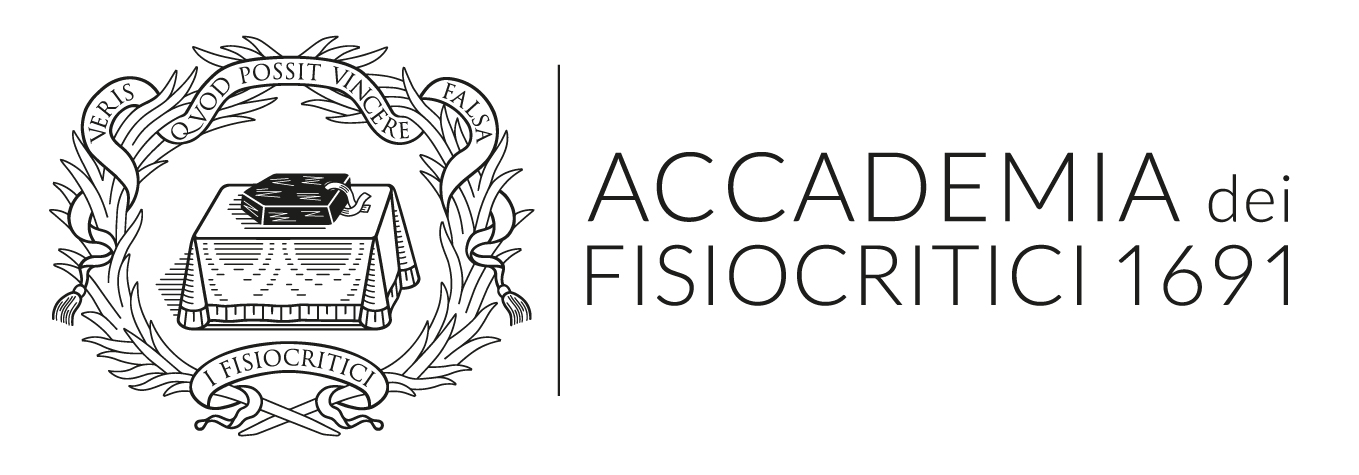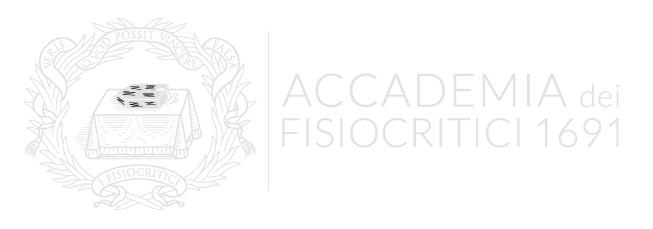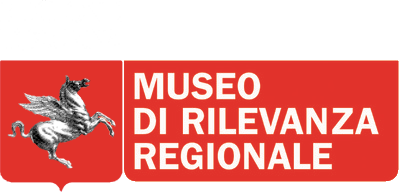The many dried and alcohol specimens offer a panorama of marine biodiversity. In the cases in the centre of the corridor there are sponges (Porifera), corals and madrepores (Cnidaria), fanworms (Anellida), sea urchins and sea stars (Echinodermata), crustaceans (Arthropoda) and ascidians (Chordata). Larger and more curious animals include two horseshoe crabs (armoured invertebrates regarded as living fossils), a large lobster and a coconut crab, an enormous tropical hermit crab that climbs coconut palms to eat their fruit.



